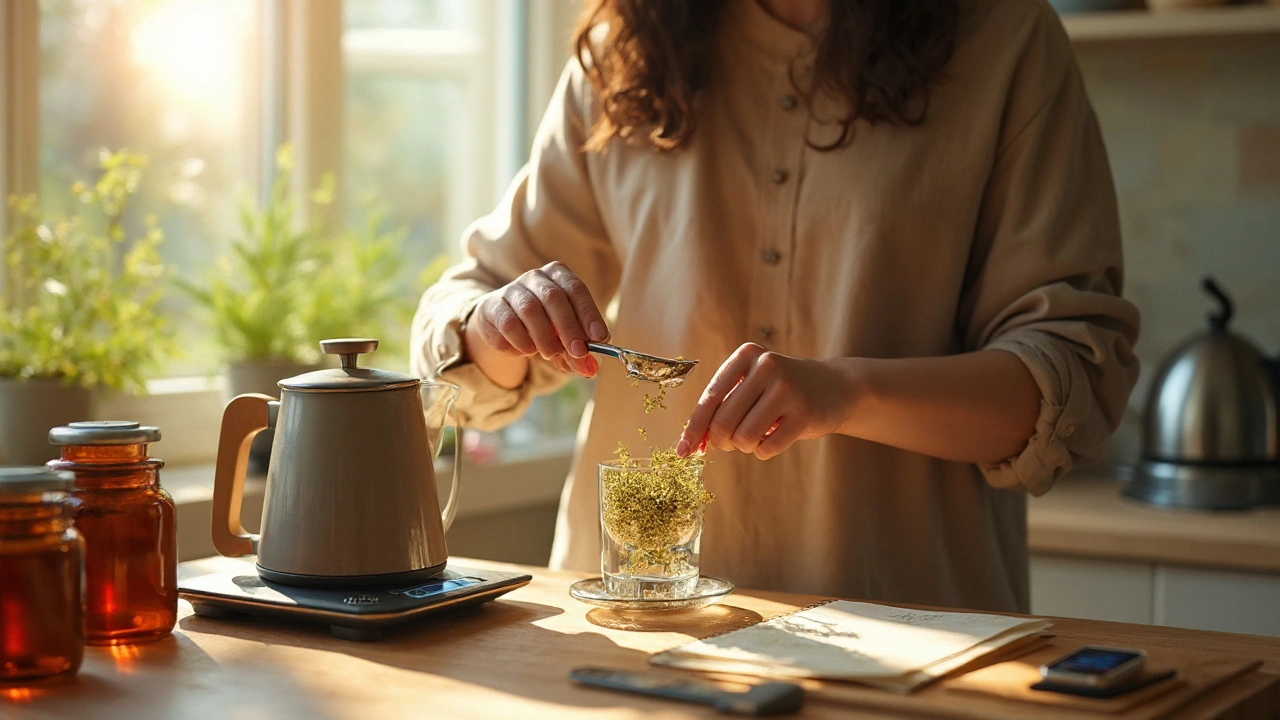Natural Diuretic: What Works, How to Use It, and What to Watch For
If you’re looking for a gentle way to shed excess water, natural diuretics might be worth a try. Unlike prescription pills, they come from plants, foods, or everyday drinks and usually have fewer side effects. Below you’ll find a quick rundown of the most studied options, how they act in the body, and safe‑use guidelines.
Top Natural Diuretics You Can Find at the Grocery Store
Dandelion (Taraxacum officinale) – The leaves and root act like a mild kidney booster. Studies show dandelion can increase urine output by 10‑20% without raising blood pressure. Brew the dried leaves as tea or take a standardized extract (about 300 mg twice daily).
Green Tea (Camellia sinensis) – Caffeine plus catechins give it a double‑hit diuretic effect. One to three cups a day can help flush sodium, but don’t go over five cups or you may feel jittery.
Hibiscus (Hibiscus sabdariffa) – The tart red petals contain anthocyanins that promote fluid excretion. A daily cup of hibiscus tea (steep 2 tsp in hot water for 5 minutes) has been linked to a modest drop in blood pressure and a diuretic response.
Parsley (Petroselinum crispum) – Fresh or dried parsley is a classic folk remedy for water retention. A tablespoon of chopped parsley in water or a 500 mg extract taken twice daily can stimulate the kidneys.
Corn Silk – The silky threads from corn ears act as a natural diuretic and anti‑inflammatory. A tea made from one tablespoon of dried silk, steeped for 10 minutes, is a common dose.
How to Use Natural Diuretics Safely
Start low. Begin with the smallest effective dose and see how your body reacts. If you notice dizziness, a rapid heartbeat, or excessive thirst, cut back.
Watch electrolytes. Diuretics push water out, but they also move salts. Keep an eye on potassium‑rich foods (bananas, avocado, leafy greens) to avoid low potassium, which can cause muscle cramps.
Avoid mixing with prescription diuretics. If your doctor already prescribed a loop or thiazide diuretic, adding herbal options can lead to dehydration or electrolyte imbalance.
Stay hydrated. It sounds odd, but drinking enough water helps your kidneys work efficiently. Aim for 1.5‑2 L of plain water daily, adjusting for activity level and climate.
Limit caffeine and alcohol if you’re prone to dehydration. Both have their own diuretic effects and can stack up with herbal choices.
Typical daily regimen: a cup of dandelion tea in the morning, a cup of green tea mid‑day, and a hibiscus tea in the evening. Add a small parsley garnish to salads or a sprinkle of dried corn silk to smoothies for extra support.
Who should skip natural diuretics? People with kidney disease, low blood pressure, or those on lithium or certain heart medications should check with their clinician first. Pregnant or breastfeeding women also need professional guidance.
Bottom line: natural diuretics can be a handy, low‑risk tool for occasional water‑weight loss, especially when paired with a balanced diet and regular exercise. Stick to proven herbs, keep doses modest, and monitor how you feel. If you notice any warning signs, stop and consult a health professional.

- Aug, 31 2025
- Comments 14